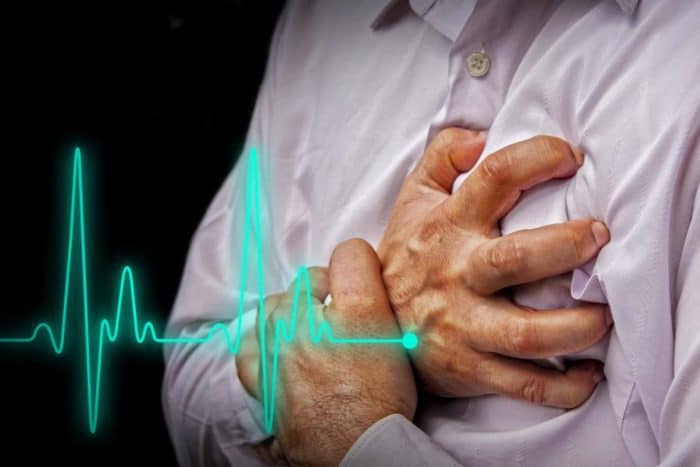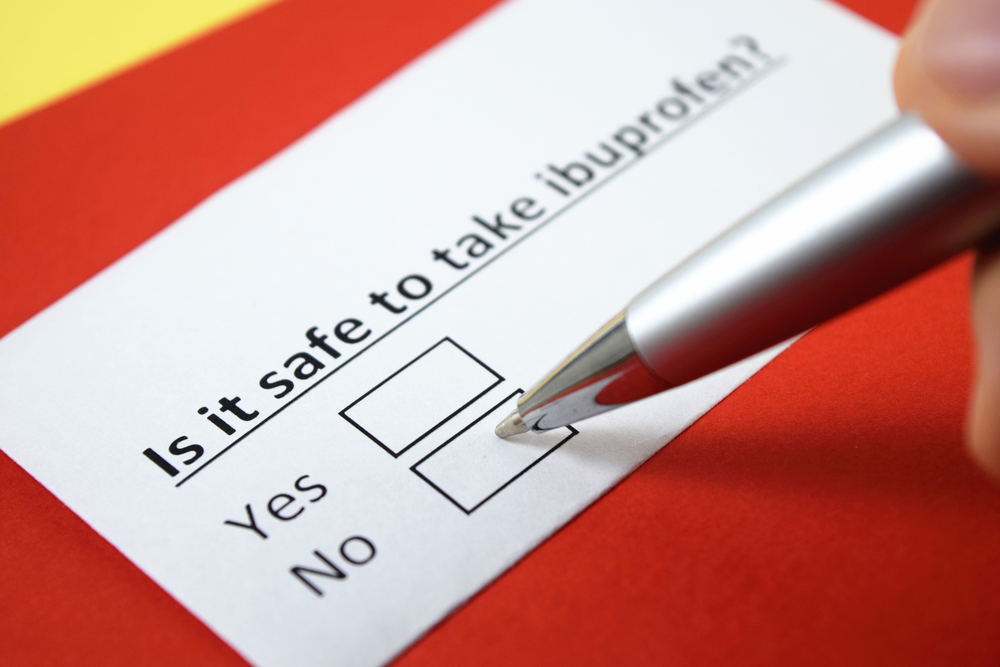Contents:
- Medical Video: Flu Symptoms Mask Heart Attack
- What does the flu symptoms have to do with a heart attack?
- How can flu symptoms increase the risk of a heart attack?
- So, how to reduce the risk of a heart attack?
Medical Video: Flu Symptoms Mask Heart Attack
Flu is often underestimated as a common disease. Yes, you only need to have enough rest, eat regularly, and take medication to relieve flu symptoms. But be careful, a heavy flu that doesn't heal can also cause serious health problems, one of which is a heart attack. How could that be?
What does the flu symptoms have to do with a heart attack?
How fast you recover from a cold or flu depends on your immune system. People who get the flu usually spend about 7 to 10 days until the illness heals.
However, this does not mean you then underestimate the flu. Symptoms of severe flu that never heal increase the risk of heart attack by up to six times higher.
This finding was initiated by research carried out by Canadian experts. They observed about 364 35-year-old patients who had been treated for one year at home sick from a heart attack.
Of the many heart attack patients, 20 of them had severe flu symptoms for 7 days before starting a heart attack.
Experts argue that flu symptoms are associated with a risk of heart attack. In fact, this risk can continue to increase in people over the age of 65, namely the age most vulnerable to a heart attack.
How can flu symptoms increase the risk of a heart attack?
Infection with the flu virus can make your entire body experience inflammation. According to Jeffrey C. Kwong, a scientist from the Institute for Clinical Evaluative Sciences in Toronto, heart blood vessels do not escape the effects of this inflammation.
When the blood vessels of the heart become inflamed, heaps of plaque inside will break and clog arteries. As a result, blood flow is not smooth and causes a heart attack.
Not only can the respiratory tract be affected by stress, the heart can also. When you get the flu, the heart will work harder to pump blood throughout the body to fight inflammation. Over time, the heart can be stressed to cause a heart attack.
All of these reasons are also supported by Dr. Janet Wei, FACC, a cardiologist at the Barbra Streisand Women's Heart Center in Los Angeles. Even worse, according to him, inflammation in the heart's blood vessels can increase the risk of stroke three times higher, as reported by Healthline.
So, how to reduce the risk of a heart attack?
These findings further strengthen the importance of flu vaccines to prevent flu and congenital diseases. The more people vaccinated against the flu virus, the less flu will spread in the community.
However, flu vaccines are said to be more effective in the flu outbreak seasons. So, how do you prevent the transmission of flu if it's not in the flu season?
The main and easiest way you can do is wash your hands. Yes, besides maintaining hand hygiene, hand washing habits can also help prevent the transmission of the flu virus into the body.
So, make sure to always wash your hands properly as often as possible. Especially if you have just finished using the toilet, holding objects in public places, or visiting patients at the hospital.
If you begin to feel achy and show symptoms of flu, take a break at home and eat regularly. This can help relieve the flu and prevent transmission to other people. Especially if you feel chest pain, shortness of breath, to cold sweat while on the flu, immediately consult a doctor for further treatment.















